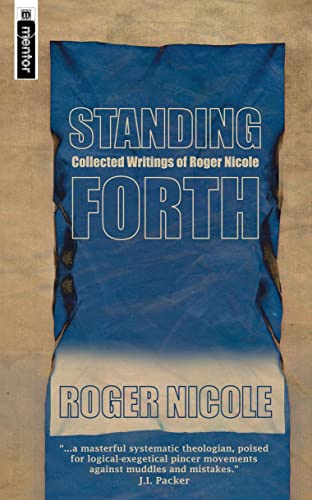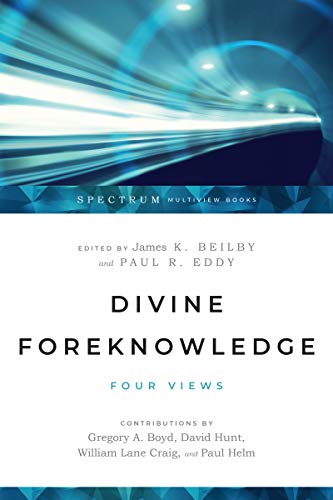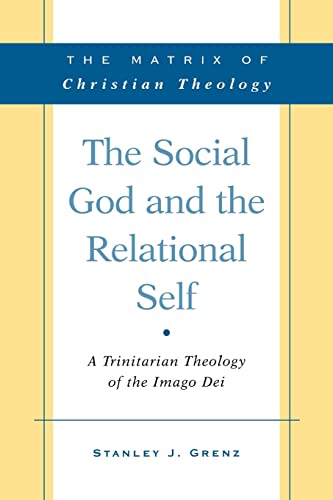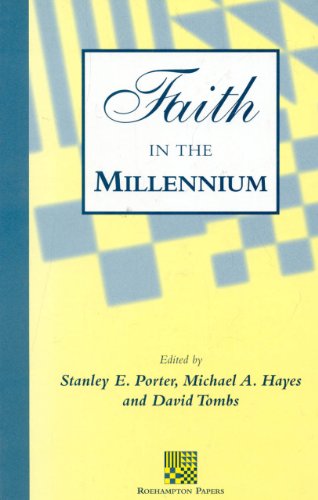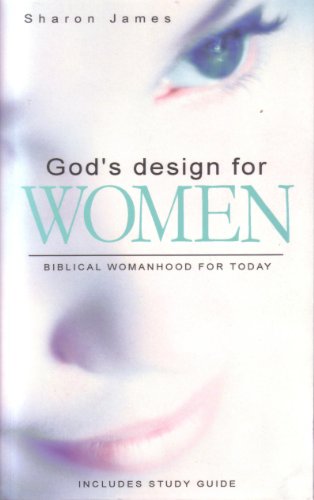STANDING FORTH: COLLECTED WRITINGS OF ROGER NICOLE
Written by Roger Nicole Reviewed By Matthew W. MasonThis is a magnificent book. Professor Nicole has been an outstanding figure in US evangelicalism for over 50 years and has been a founder member of the Evangelical Theological Society. He has held major teaching posts, has sat on the editorial board of Christianity Today since its inception in 1956, helped to organise the International Council on Biblical Innerancy, and assisted in the production of the NIV. Standing Forth is a collection of his most important essays and articles, covering many topics (the doctrine of God, the five points of Calvinism, marriage, universalism, the preservation of the saints) but with a particular focus on the doctrines of Scripture and the Atonement. Like B.B. Warfield before him, Professor Nicole seems ‘constitutionally incapable of writing an unclear sentence’. His grasp of the issues and ability to present them with pristine clarity and simplicity are sure signs of the profundity of his thought.
The first essay, ‘Polemic Theology: how to deal with those who differ from us’ is a masterpiece of godly wisdom. Nicole encourages us to ask three questions: (1) What do I owe to the person who differs from me? (love, respect, a serious effort to understand what they mean and what are their aims); (2) What can I learn from those who differ from me? (I may be wrong; if I am right my views may need clarifying or nuancing); (3) How can I cope with those who differ from me? (‘Protectively’ in defending the truth; ‘constructively’ in refuting error). All the time our goal must be to win the other person for the truth, not to show off our superior debating skills.
The following essays in the volume then show Nicole practising what he preaches as he expounds and defends the orthodox views of Scripture (God-breathed, so therefore innerant) and the atonement (penal, substitutionary, propitiatory, definite). In addition, his crisp refutations of the influential ‘Open View’ of God are a particular treat. It is hard to know what to admire most: the expert exegesis, the firm grasp of the overall message of the Scriptures, the startlingly clear logic—Nicole’s grasp of the implications of a theological viewpoint are consistently profound, or the staggering breadth of his reading in every area of theological studies. Time and again, I found myself wondering, why no-one had ever told me to read Nicole before. Perhaps it is because his writings have been so widely scattered in journals and volumes of essays. This collection now provides an ideal way into the mind of a great theologian. For all pastors and students wanting a better understanding of the Bible’s teaching and help in refuting error in a gracious but clear manner, this volume is a ‘must-buy’.
Matthew W. Mason
Manchester


